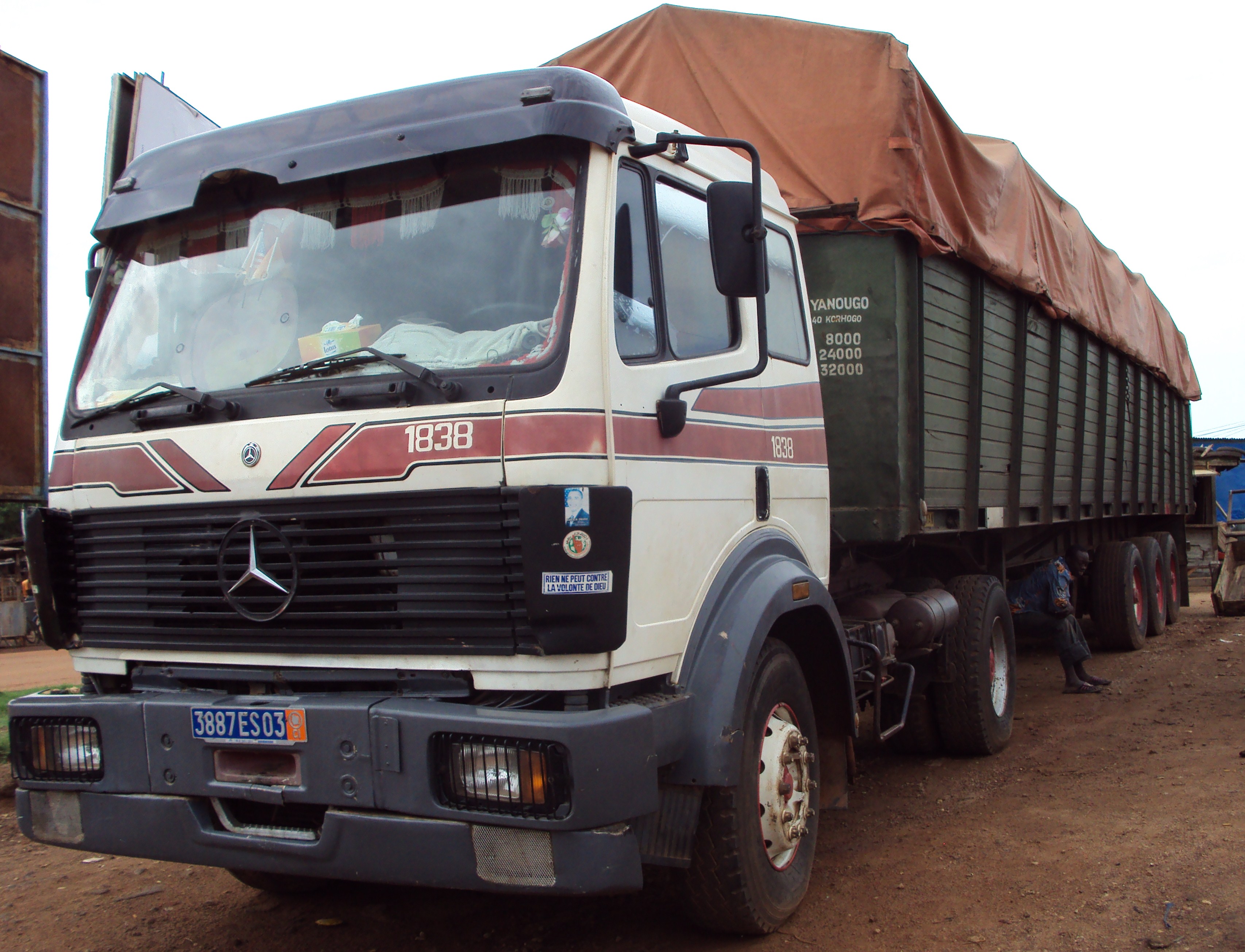The WTO allows countries to impose export restrictions and bans as a temporary measure to address critical food shortages. But these restrictions affect poor countries, which buy most of their food supply, in two ways: They push food prices up globally, making it more expensive for poor countries to buy food, and they force food-importing countries to shop for deals long distances away. The WTO can help poor countries by ensuring that other nations’ export restrictions do not apply to them, explained Alberto Valdés, research associate at the Universidad Católica de Chile, Santiago, and the lead author of the study, which was conducted for the Geneva-based International Centre for Trade and Sustainable Development (ICTSD).
During the 2008 food crisis, least developed countries (LDCs) saw their food import bills triple to US$24 billion from $9 billion in 2000, according to a study by the UN Conference on Trade and Development (UNCTAD). A 2011 World Bank study said 44 million people in low- and middle-income countries fell into poverty as a result of food price spikes in mid-2010 and early 2011.
Today, global maize prices are again rising, prompted by a drought in the US, the world's largest maize exporter.
Sounding alarm bells
"Tragically, only 4 percent of sub-Saharan African countries’ grain imports are produced by farmers in other African countries," said Thomas Jayne, who is a professor of international development at Michigan State University and currently based at Indaba Agricultural Policy Research Institute in Zambia. "The other 96 percent comes from international markets. There has been little progress over the past decade in persuading governments to desist from using trade bans that impede countries’ ability to rely more on each other for their residual grain requirements."
| Ten LDCs most affected by food prices | |
| Samoa | |
| Kiribati | |
| Solomon Islands | |
| Sierra Leone | |
| Lesotho | |
| Laos | |
| Tuvalu | |
| Yemen | |
| Niger | |
| Central African Republic | |
| Source: ICSTD | |
Jayne said Zambia's "Ministry of Agriculture rang the alarm bell that the state marketing board, the Food Reserve Agency, might not be able to acquire the one million tons it had advocated buying for the national strategic reserve.” The government instituted a process in which the permanent secretary of the Ministry of Agriculture must review every application for licenses to export maize grain, restricting the volume of legal maize exports.
“But the alarm bell was sounded too soon,” Jayne continued. “The Food Reserve Agency has already purchased almost 700,000 metric tons, which will last till the next harvest in May [2013]. So, it is unclear why the country wants to impede exports at a time when it is already holding sufficient maize for its own national consumption and when it can generate needed revenue for its farmers. The move reveals the country to be an unreliable source of food supply for the rest of the region."
The issue is also problematic for aid agencies that need to buy non-genetically modified maize for food aid in the region. Most countries in the region that are in need of food assistance do not allow GM food aid. "Zambia and Malawi are our biggest suppliers and a much cheaper option for non-GM maize in the region," said an aid worker.
Since the 2007/2008 crisis, food and trade experts have asked for more clarity on the WTO position on export bans and restrictions, especially on the scope and duration of such measures.
Call for help
In April 2011, the net food-importing developing countries (NFIDCs) submitted an informal proposal at the WTO for a new paragraph to be included in the draft Doha Accord exempting them and the LDCs from export restriction put in place by other countries. UN agencies and most food experts agree that export restrictions influence sharp spikes in prices, helping to drive food prices up during 2007/2008 crisis. At least 23 countries had either banned or imposed restrictions on the export of cereals then, according to the ICTSD study.
The proposed exemption was not adopted by the WTO. Instead, the initiative ended up being mentioned in the summary of the last meeting of senior officials that year. "'Some Ministers signalled their support for a work programme on trade-related responses to the impact of food market prices and volatility that would look especially at LDCs and NFIDCs. It also mentioned in passing the fact that 'many ministers' had urged their counterparts to agree not to impose export restrictions on food aid purchased by the World Food Programme," said ICSTD's Hepburn.
"Since December 2011, some countries have tried to discuss how to interpret the language that does already exist on export restrictions in the WTO Agreement on Agriculture, in informal talks on the sidelines of the global trade body's committee on agriculture," explained Hepburn in an email to IRIN. "But they have run into opposition from other countries that are reluctant to discuss the question further."
The Doha Development Round of negotiations at the WTO, which began in 2001, is aimed at reducing barriers to market access throughout the world, with the development of poor countries at the heart of its agenda. It looks at three main sectors: agriculture, intellectual property and services. The talks have been off-and-on for the last 10 years; issues often get stuck because of power struggles between industrialized countries and China and India.
jk/oa/rz
This article was produced by IRIN News while it was part of the United Nations Office for the Coordination of Humanitarian Affairs. Please send queries on copyright or liability to the UN. For more information: https://shop.un.org/rights-permissions





